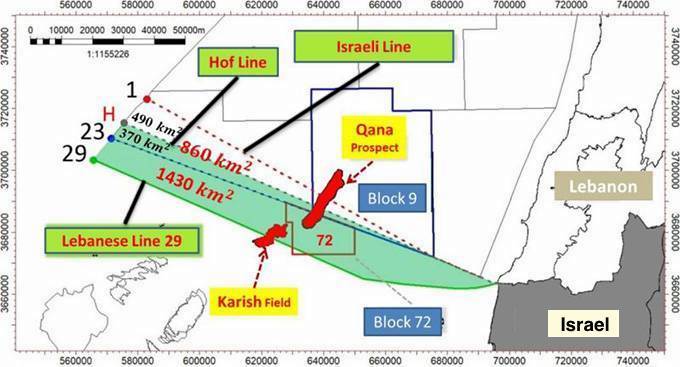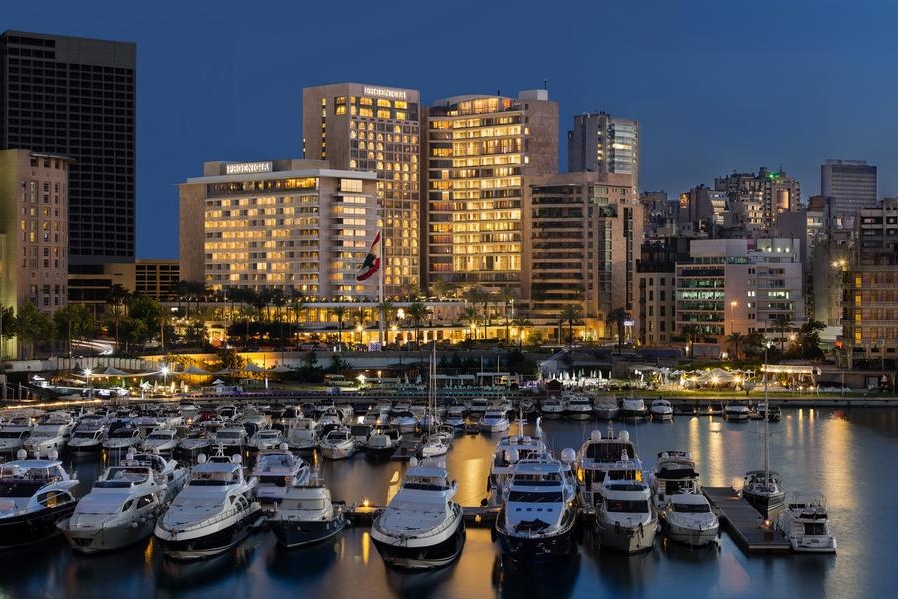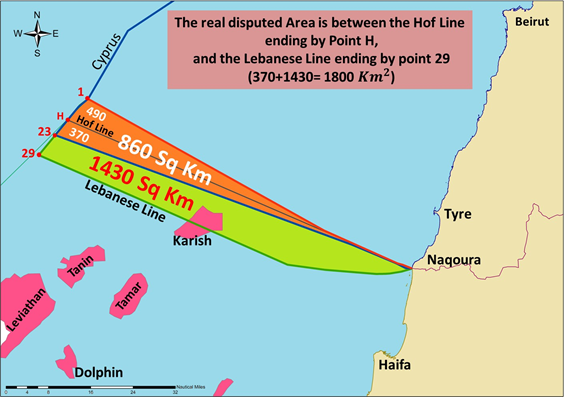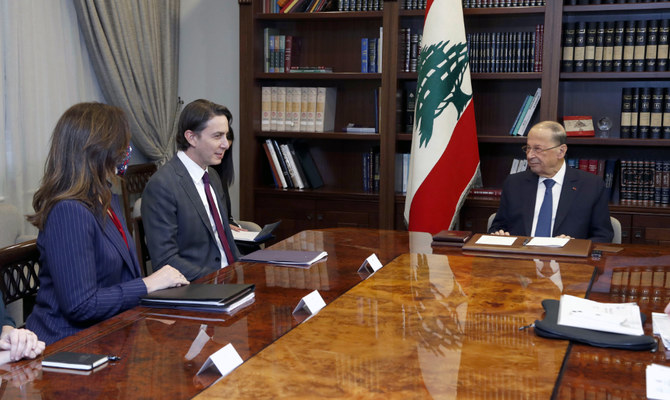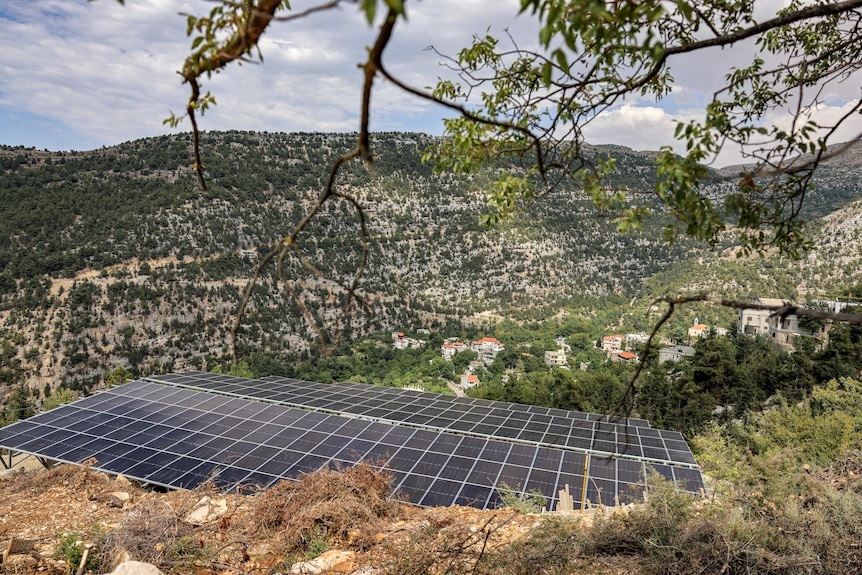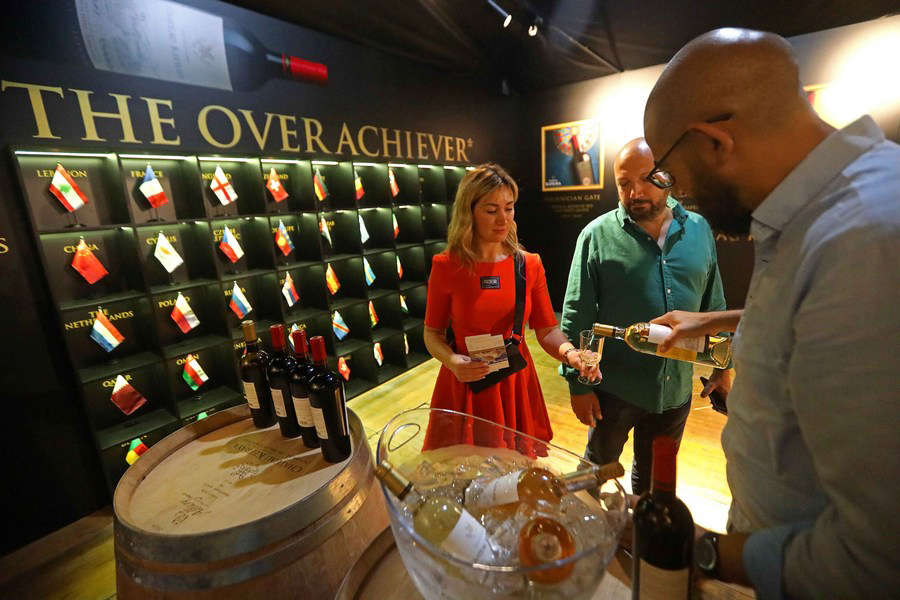
BEIRUT, (Xinhua) — In the midst of a protracted economic crisis, Lebanese wineries are eyeing the lucrative Chinese market, calling for a joint effort among peers in boosting their sales in China. “China is one of the best markets to export our products,” Walid Habchi, co-founder and partner at Couvent Rouge winery, told Xinhua during the 13th edition of Vinifest, a four-day wine festival that kicked off in Beirut on October 5 and attended by more than 80 Lebanese wineries and spirits producers as well as hundreds of oenophiles from Lebanon and abroad. But tapping a new market requires a big bugdet to be used in areas such as market research, brand promotion and finding the right distributors, etc, Habchi said, adding Lebanese wineries should join their efforts and support each other throughout the process.
In order to grab a humble share of China’s wine market, Lebanese wineries need to work together so that they would be able to sell their products to China in quantities, said Thuraya Karam, owner of Karam wines. “At Karam wines, we have started targeting the Chinese market by participating in a virtual wine-tasting event, but we need more support to be able to enter the market sustainably,” Karam said. For his part, Gabriel Kechichian, a consultant at Domaine Wardy, said he hoped the international shipping costs could go down soon to facilitate the export of Lebanese wine. “Shipping costs have increased tremendously after the outbreak of COVID-19 pandemic, and they are still expensive, but I hope they will drop soon, enabling us to resume our communication with Chinese companies to send our products,” said Kechichian.
